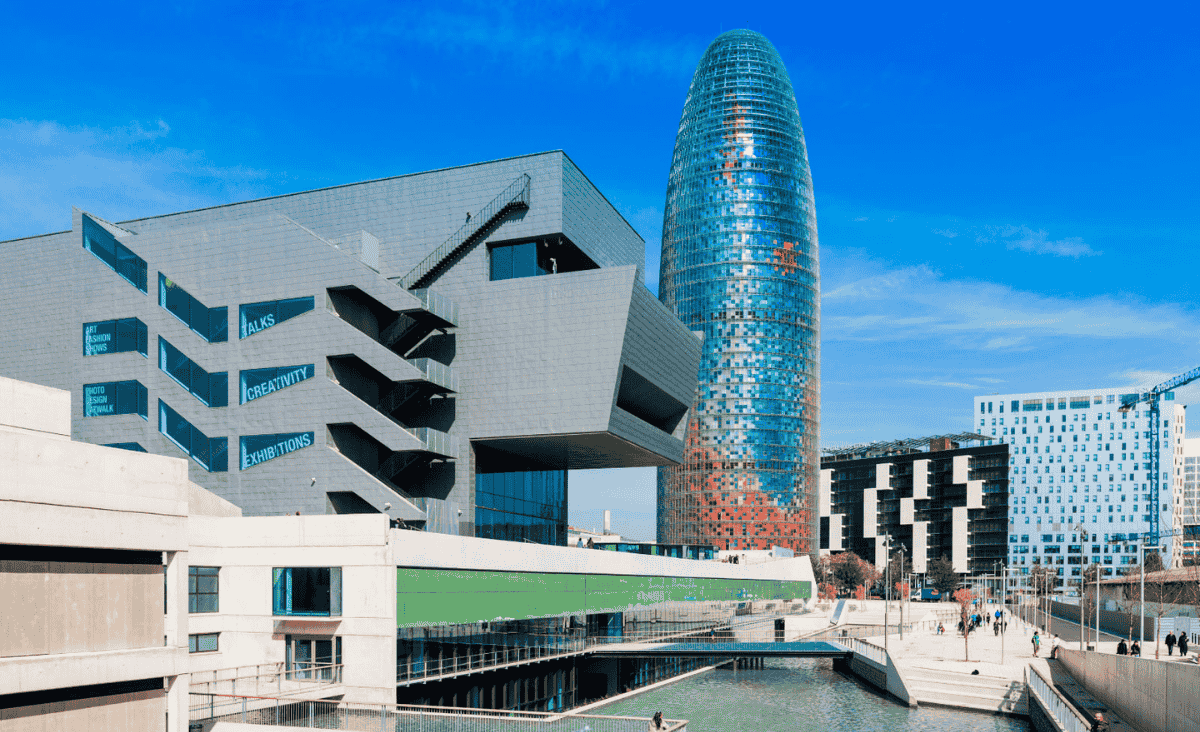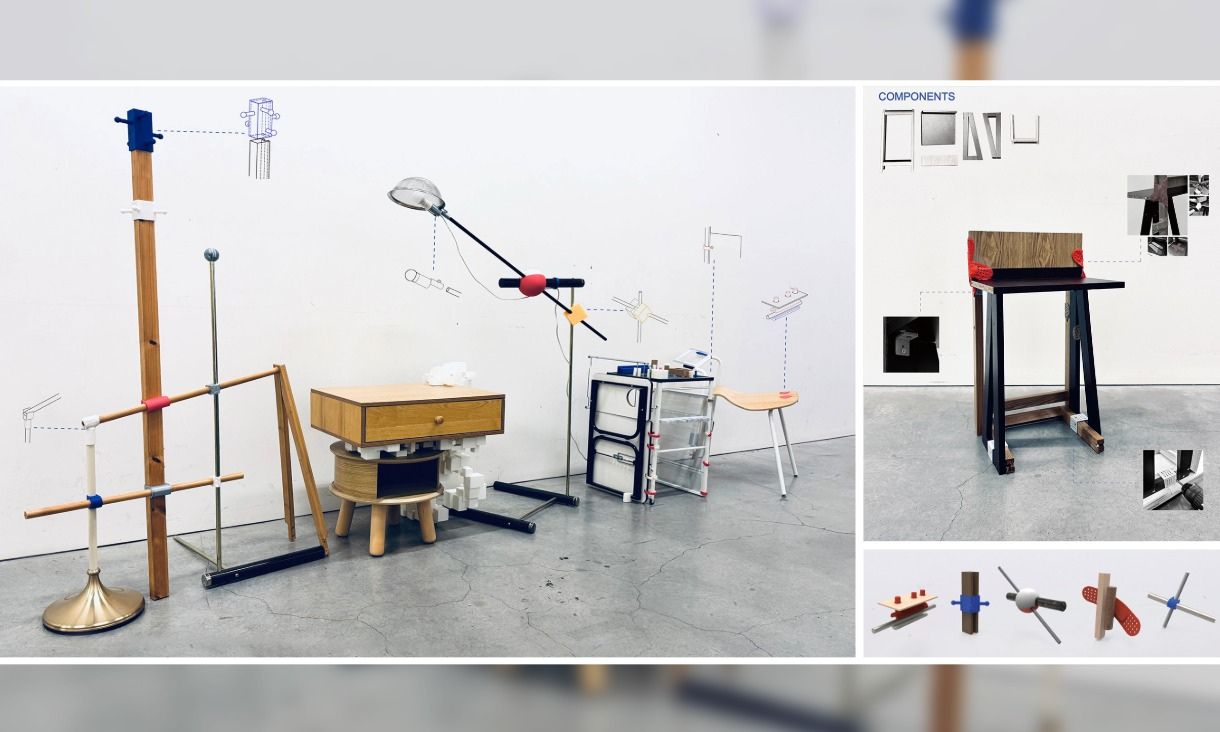RMIT research innovates social change through climate justice
RMIT research has revealed how marginalised voices can be championed in shaping policy on decarbonisation efforts in Europe.
The impact of early life events on lifelong health
RMIT researchers are investigating the earliest moments of life and their role in the development of neurodevelopmental disorders.
RMIT Europe and the Disseny Hub Barcelona (DHub) partner to elevate design practice research
RMIT Europe has signed an agreement with the Disseny Hub Barcelona (Design Museum of Barcelona - DHub) as a venue partner to host selected events during RMIT’s Practice Research Symposium (PRS) Europe, held twice-yearly in Barcelona.
RMIT student wins Best in Category at Victorian Premier’s Design Awards
A sustainable furniture system using digital fabrication techniques and repurposed furniture waste has won Best in Category for Student Design at the Victorian Premier’s Design Awards alongside over twenty RMIT-affiliated projects recognised at this year’s awards.







